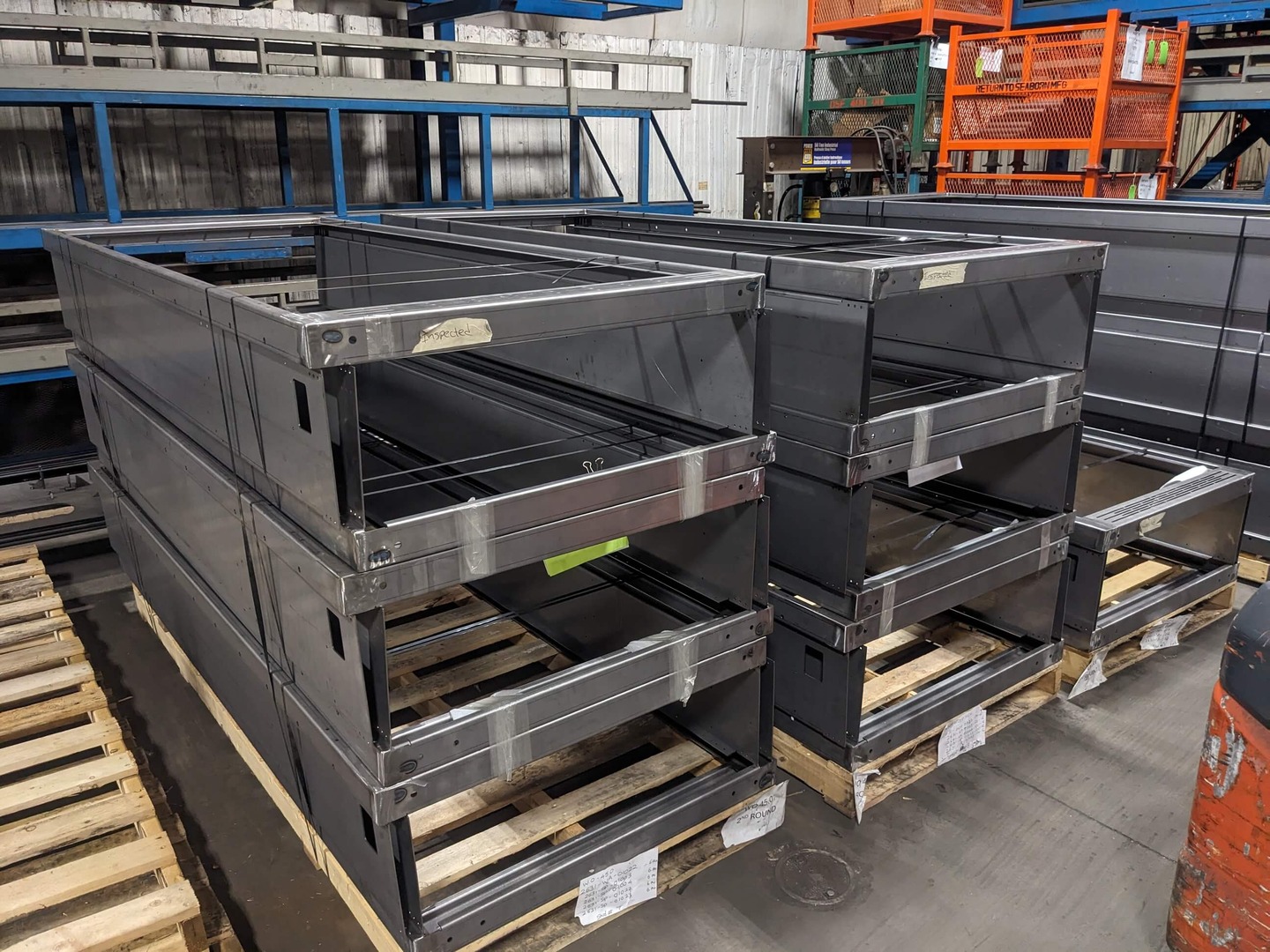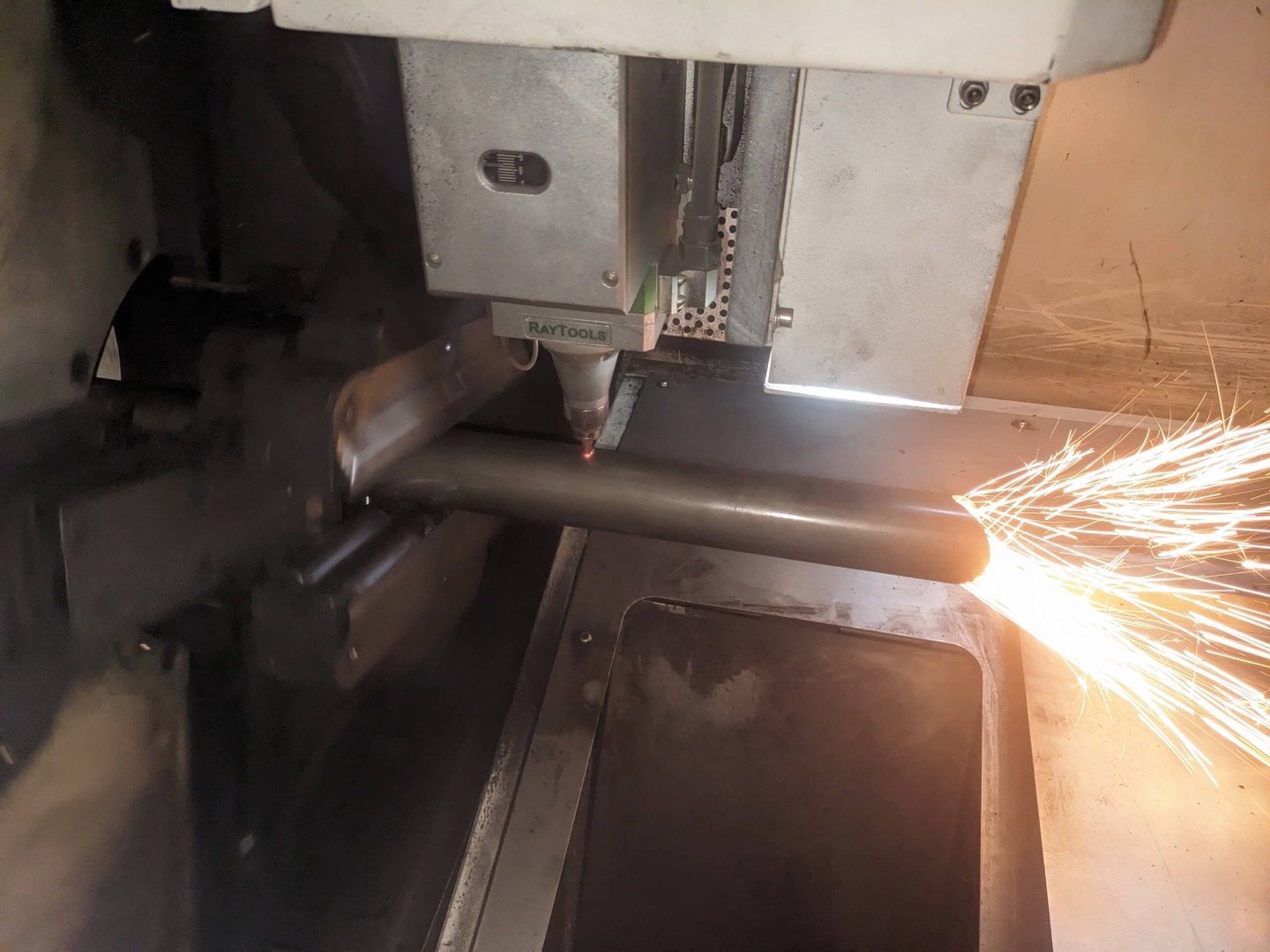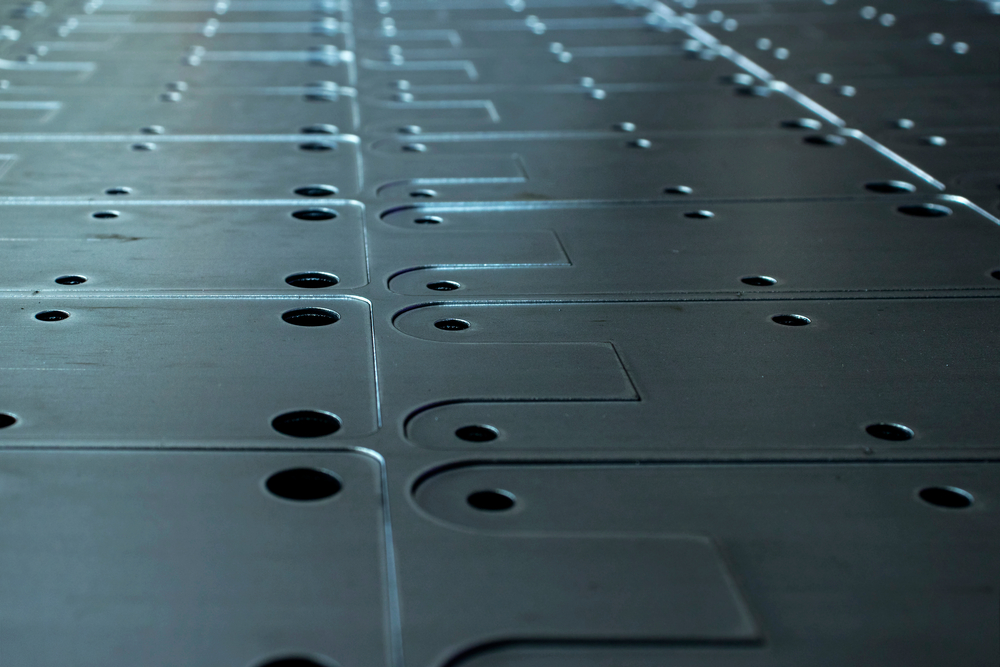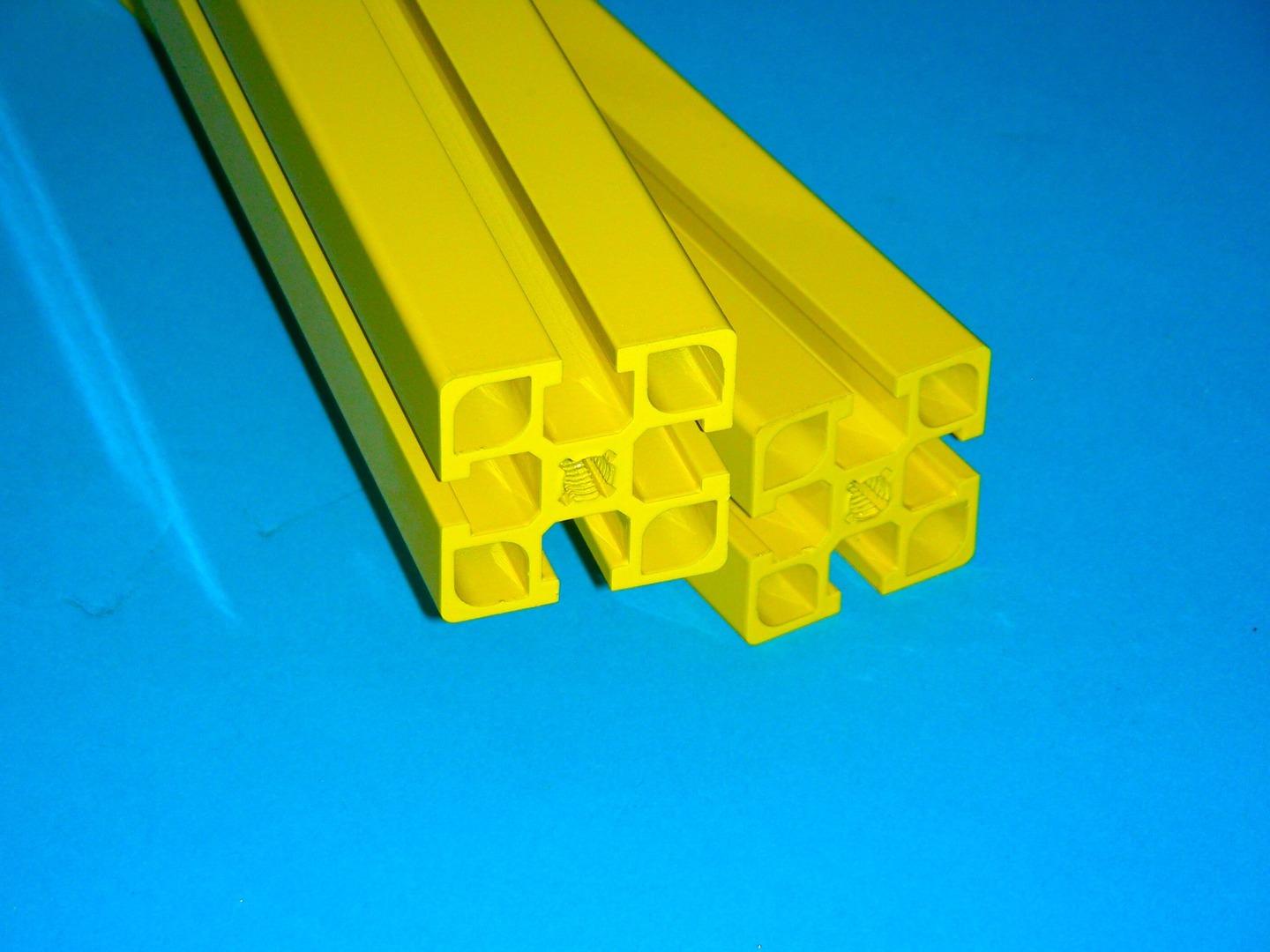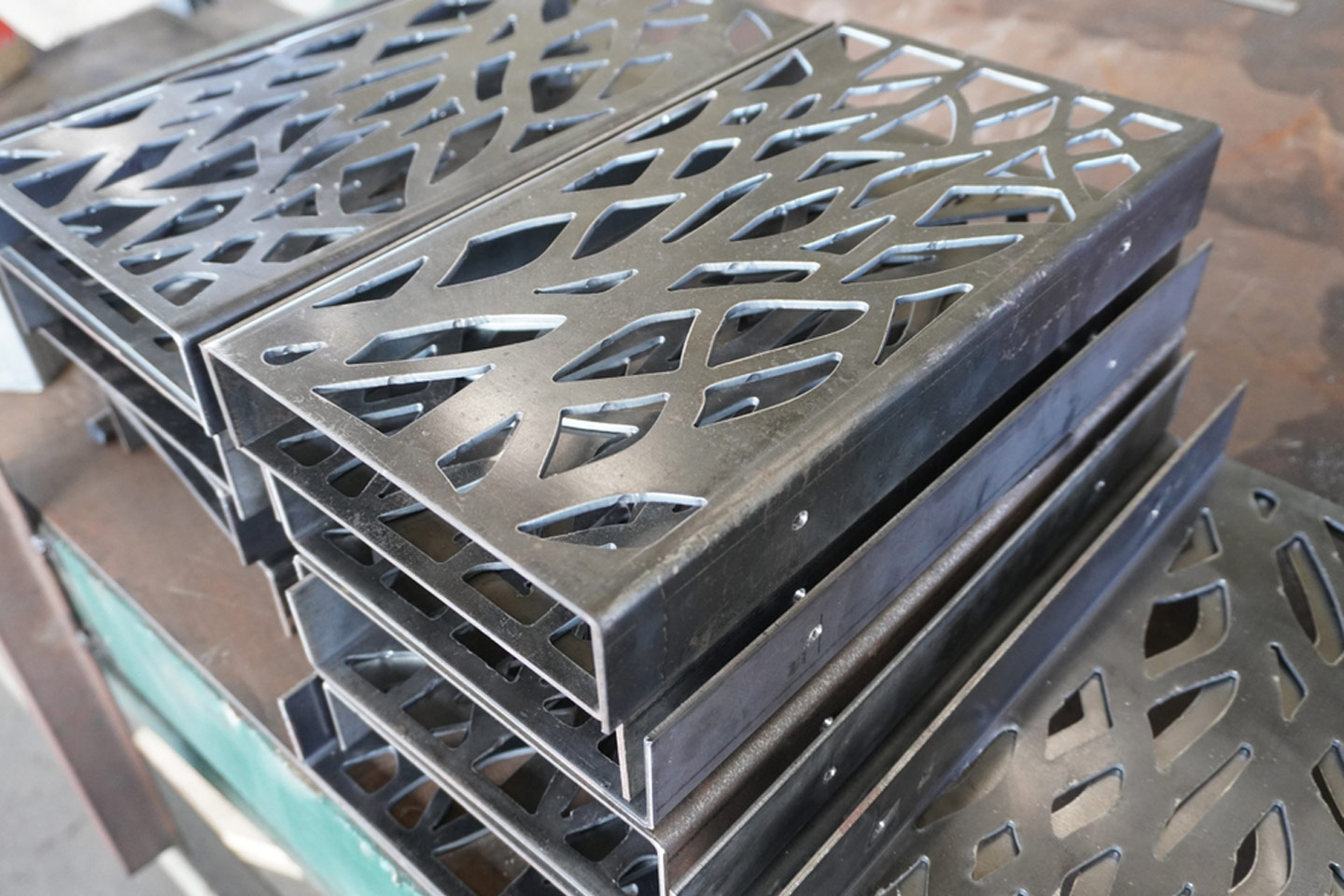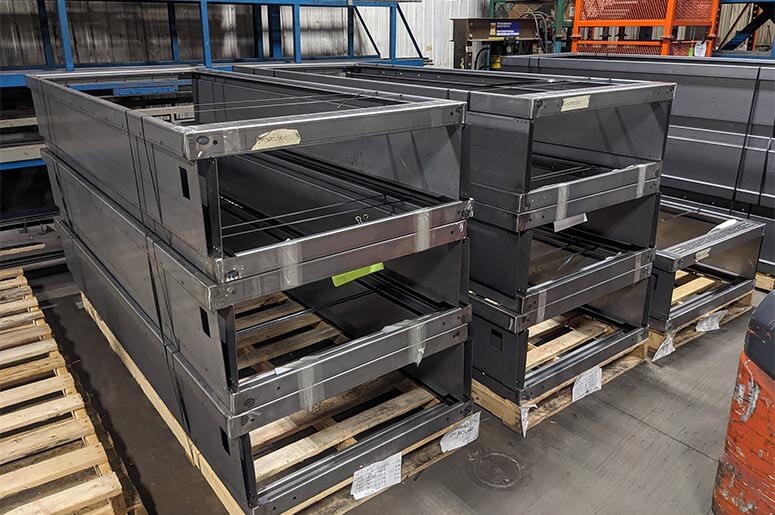Introduction
One of the most critical decisions in manufacturing is choosing the right material as the material you select can impact the strength, durability, cost and performance of the final product and determine if you achieve optimal results.
There are many types of metals that are used in manufacturing among which aluminium and steel stand as the top choices. Both the materials have their distinct advantages, disadvantages, applications and qualities. Understanding the differences between them can help manufacturers to choose the right metal as the raw metal for their products.
Comparison: The Key Differences Between The Both
Weight
- Aluminium is ideal for applications where reducing weight is a priority, such as robotics, bicycles, and aerospace components as Aluminum is lighter than steel, typically weighing about one-third that of steel the same size weight.
- Compared with aluminium, steel is much denser and heavier. Steel of same size is stronger than aluminum. Steel is roughly 400 to 500 MPa tensile strength and aluminum runs around 90 MPa tensile.
So, aluminium is a better choice if the product has to be of lower weight and weight reduction is a priority for fuel efficiency, portability, or performance. On the other hand, steel is more sustainable if the weight is not a concern. Material grades play a big role in strength and material selection.
Strength and Durability
- Steel can withstand high loads and stress because it just is stronger. This quality makes it ideal for applications that require structural integrity, such as industrial machinery, construction frameworks, and heavy-duty vehicle parts.
- Aluminium is more prone to bending or denting under force as it is generally softer and more malleable.
Cost Considerations
- When it comes to production, steel is generally; less expensive, cost-effective, and widely available. There are many grades of steel and price can vary dramatically.
- Aluminium typically costs more and has less readily available inventory from metal centers etc. Aluminum is easier to have made in a custom extrusion and this can prove very cost effective for some purposes, but does require buying tooling and a mill run..
Corrosion Resistant
- Aluminium has a natural process to occur that forms an oxide layer on it that protects it from corrosion and makes it resistant to further corrosion and weathering. This makes aluminium an excellent choice for marine applications, outdoor furniture and vehicle parts exposed to moisture. Aluminium is more vulnerable to some chemicals than steel.
- On the other hand, steel is highly susceptible to rust and corrosion if left untreated.
Applications Best Suited For Aluminum Vs. Steel
Both aluminium and steel have their own benefits and suitable uses, that make them the ideal choice for different products and industries like:-
When to Choose Aluminum
- Lightweight structures (e.g., Robotics, Aerospace, bicycles)
- Corrosion-resistant applications (e.g., marine equipment, outdoor furniture)
- High thermal and electrical conductivity (e.g., heat sinks, electrical enclosures)
- Aesthetic and decorative elements (e.g., architectural features, custom designs)
When to Choose Steel
- Heavy-duty structural applications (e.g., industrial machinery, construction equipment)
- High-stress environments (e.g., load-bearing components, heavy vehicle parts)
- Budget-sensitive projects where cost is the primary factor
- Applications requiring extreme strength and durability
How Seaborn Helps Clients Make Informed Material Choices
At Seaborn manufacturing, we want each and every project to be a success. Customer satisfaction is our goal on every project. When a client has trouble deciding between steel and aluminium, we are ready to give :-
- Expert consultations by evaluating factors like weight, strength, cost and corrosion resistance.
- Advanced fabrication capabilities so that customers know that whether we are working with HRP&O, D.O.M., aluminum, or steel tubing, we have the equipment and expertise to deliver high-quality results.
- End-to-End manufacturing solutions, where we offer a one stop solution for all the metal fabrication needs of the customer in order to ensure quality and consistency in each step of the product making.


